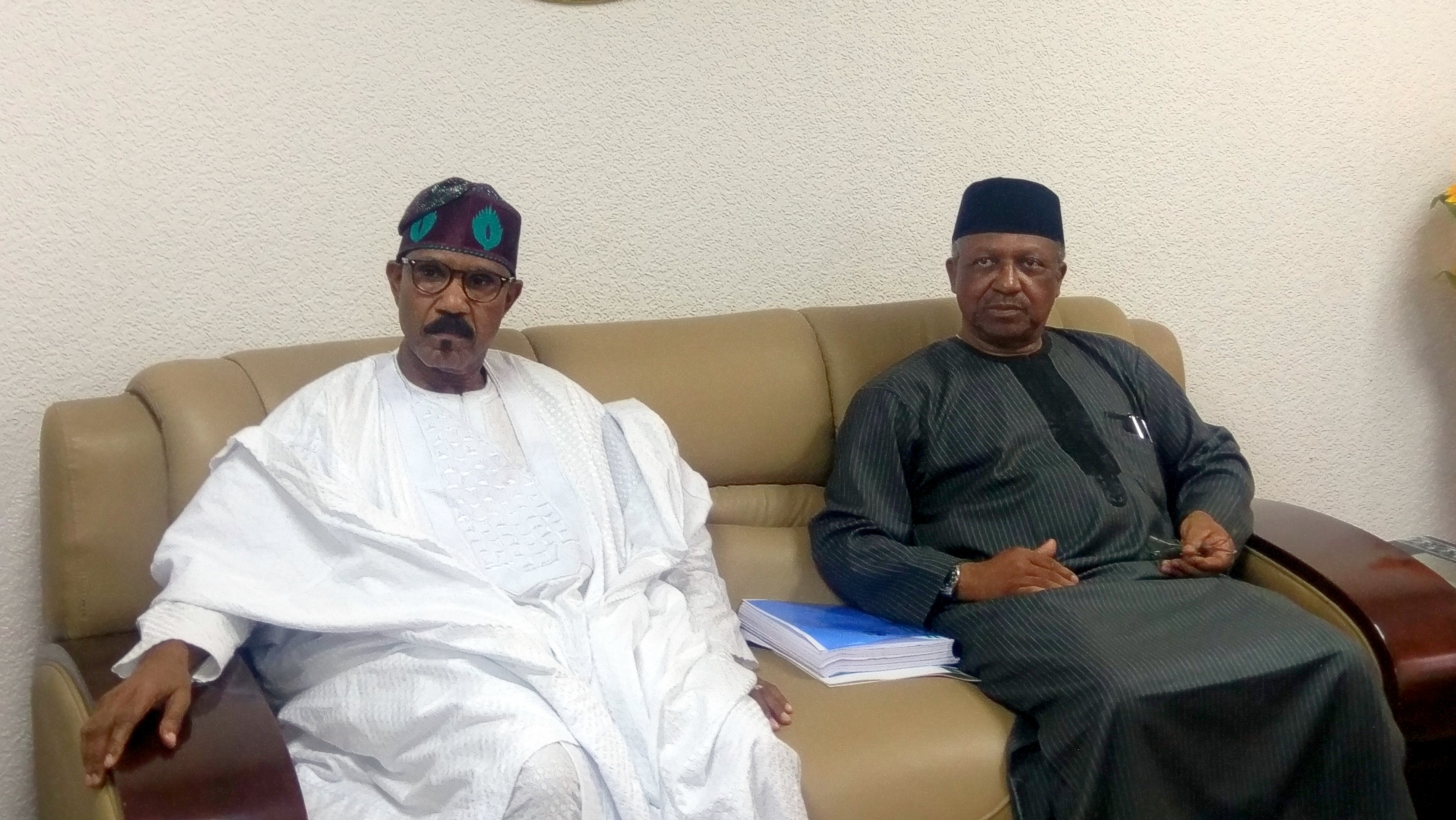
A groundbreaking collaboration has been announced by the Federal Ministry of Health to provide lifesaving chemotherapy for cancer treatment to seven teaching hospitals across the country.
This new program, known as the Chemotherapy Access Partnership between the Nigerian Federal Ministry of Health, the Clinton Health Access Initiative, Inc., the American Cancer Society, Pfizer, Inc., Worldwide Healthcare, and EMGE Resources, Limited, will provide access to hospital pharmacies for people with cancer in Nigeria.
The agreement would allow Nigeria and other African governments to double the number of patients treated with the same resources and minimize disastrous expenditure on out - of-pocket patients by reducing the complexity of the distribution process, by stabilizing costs, by organizing orders, by streamlining the registration of products approved by a strict regulator and by promoting.
The initiative has rolled out in seven university teaching hospitals including:
- Ahmadu Bello University Teaching Hospital,
- Aminu Kano Teaching Hospital,
- Lagos University Teaching Hospital,
- National Hospital Abuja,
- Obafemi Awolowo University Teaching Hospital,
- University College Hospital Ibadan,
- University of Nigeria Teaching Hospital Enugu
Doctor Adeleke O. Mamora, the Honorable Minister of State for Health, said, “Too long cancer has been perceived as a death sentence, but this should no longer be the case in Nigeria.” The initiative builds on two innovative access agreements announced in 2017 by CHAI and ACS with Pfizer, Inc. and Cipla, Inc. to reduce the price of seventeen priority and quality-assured drugs by approximately 50% in six African countries: Nigeria, Kenya, Ethiopia, Rwanda, Tanzania, and Uganda.
Such countries account for 42% of sub-Saharan Africa’s cancer burden.
The medications will help combat cancers with the highest incidence of breast, cervical, Kaposi sarcoma, colorectal, and prostate cancer in Africa.
There are 1,000,000 new cases in Africa each year and 700,000 cancer deaths in Africa.
Cancer deaths have surpassed on the continent those caused by malaria and tuberculosis and are expected to double over the next 10 years, eclipsing HIV / AIDS deaths. The World Health Organization estimates in Nigeria alone that there are more than 100,000 cases and 70,000 deaths each year due to cancer.
Cancer patients in Africa are much more likely to die than those in countries with higher incomes due largely to barriers in access to quality treatments that have been available in countries with higher incomes for decades.
Patients in Nigeria are twice as likely to die of cancer as in the U.S. and 60% of patients in Nigeria will die of cancer.